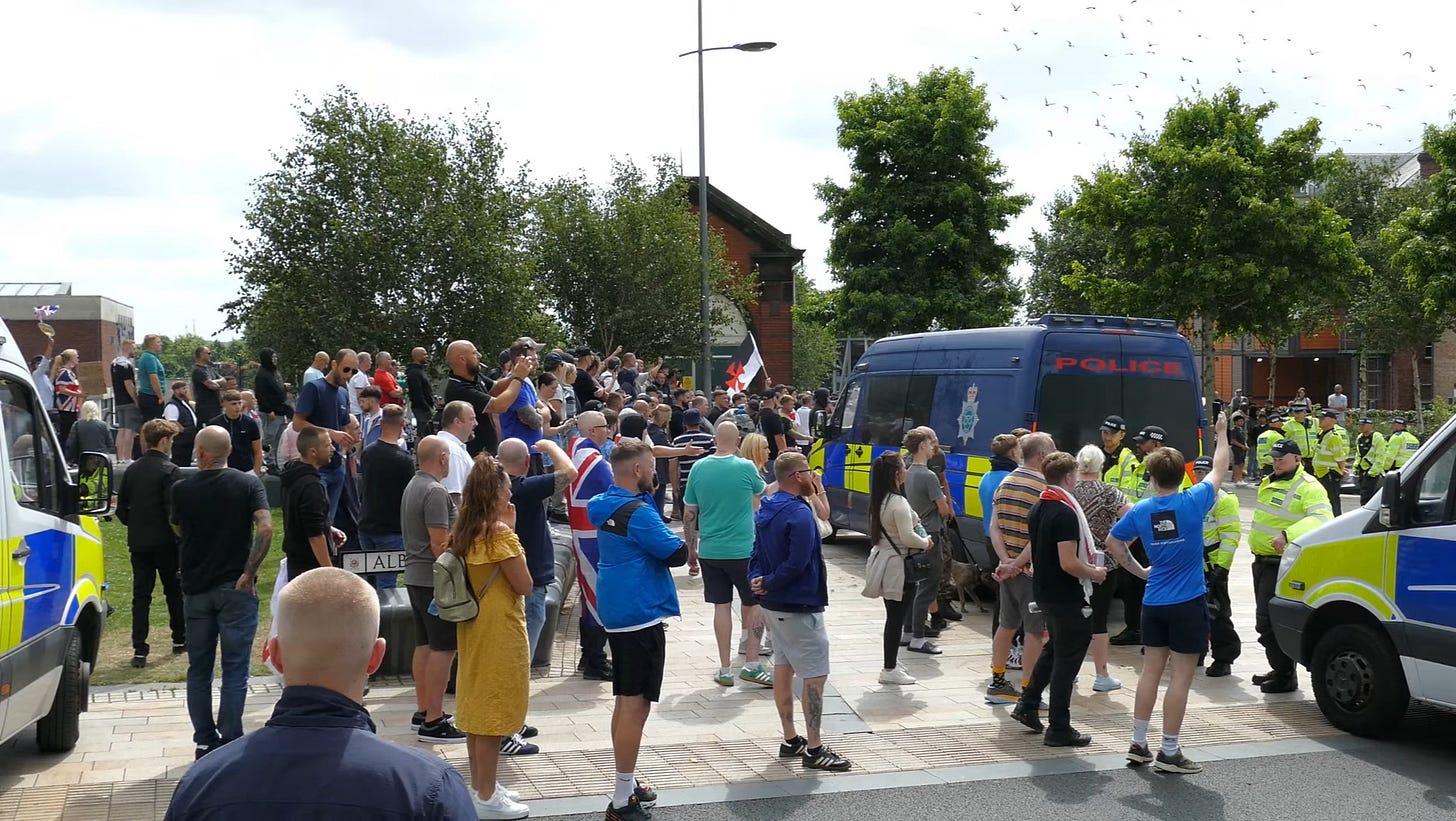The Southport riots were a wake-up call – but our political class is still sleeping
Twelve month on from the unrest, the grievances remain and the tensions have deepened
Paul Embery is one of the most interesting, insightful and original voices to have emerged in British journalism for some time — Douglas Murray

When, one year ago today, Sir Keir Starmer stood in front of a lectern and told the world that the unrest that had swept Britain in the hours and days after the Southport massacre had been orchestrated by the ‘far right’, he may well have believed it.
Because, for the prime minister, a man who had spent much of his life residing in trendy London districts and operating in the exalted circles of law and politics, there could be no other explanation for why any citizen would vent their fury in the way that thousands did. From his vantage point, Britain was – notwithstanding the usual problems that beset most advanced economies – a relatively calm and harmonious place, an exemplar of a successful multicultural society. And hadn’t voters just elected him with a massive majority?
So it was obvious. This was a mob of racists and bigots attempting to stir up hatred. Nothing more.
Starmer’s misdiagnosis was profound. While some protestors were undeniably linked to far-right organisations, most had no such connection. The majority who demonstrated were driven not by any attachment to ‘blood and soil’ but by their anger at the appalling events in Southport and, more widely, a swelling resentment at what was happening to their communities and country.
Keep reading with a 7-day free trial
Subscribe to Paul Embery to keep reading this post and get 7 days of free access to the full post archives.

